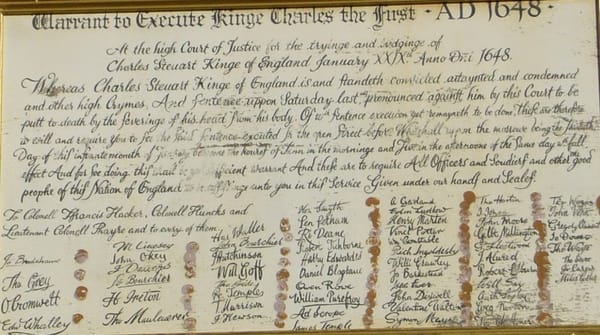The Prosecutor of the Gods: The Man Who Invented International Justice

In 1945, as the ruins of Europe still smoked, a young lawyer stood before the Nuremberg tribunal and charged not merely men but a civilization. Benjamin Ferencz, the 27-year-old chief prosecutor at the Einsatzgruppen Trial—often called the biggest murder trial in history—argued that justice must be built, not avenged. His life reframed justice from vengeance into architecture: the idea of global law.
Visual cue: courtroom photograph of the Nuremberg trials or Ferencz speaking at the podium.
From Refugee to Jurist
Born in 1920 in Transylvania, Ferencz fled antisemitism with his family to New York. A Harvard Law graduate fluent in several languages, he joined the U.S. Army in World War II and documented Nazi crimes in liberated camps. His discovery of detailed Einsatzgruppen execution reports—ledgers of industrial murder—sparked the creation of a new trial focused on these mobile killing units.
Visual cue: portrait of young Ferencz or a liberation photo.
The Nuremberg Moment
At just twenty-seven, Ferencz prosecuted twenty-two Nazi commanders responsible for more than a million murders. “Vengeance is not our goal, nor do we seek merely retribution… Our aim is to establish a rule of law,” he declared in his opening. All defendants were found guilty; thirteen were sentenced to death. The case demonstrated that atrocity could be proven through bureaucracy’s own paper trail.
Visual cue: trial transcript or a panorama of the Nuremberg courtroom.
The Invention of “Crimes Against Humanity”
The phrase existed in rhetoric, but Nuremberg gave it legal force. Ferencz’s framing helped transform mass atrocity from an act of war into a prosecutable crime against civilians. The doctrine intertwined with Raphael Lemkin’s concept of genocide and helped seed modern categories of war crimes and crimes against humanity used ever since.
Visual cue: facsimile of the Nuremberg Charter or Lemkin’s “Genocide” manuscript.
A One-Man Campaign for Global Law
After Nuremberg, Ferencz devoted his life to building permanent institutions. He worked with the United Nations on reparations for Holocaust survivors and spent decades lobbying for a standing international court. In 2002, the International Criminal Court opened in The Hague—an imperfect realization of the vision he had pursued since his twenties.
Visual cue: Ferencz visiting the ICC or a UN Assembly Hall scene.
The Politics of Justice
The ICC faces persistent criticism: accusations of regional bias, limited enforcement power, and non-membership by major states including the United States. Ferencz countered that even imperfect law matters: “There can be no peace without justice, no justice without law, and no law unless it is enforced.” The point was civilization’s direction of travel, not its speed.
Visual cue: ICC building or a map of member states.
The Legacy of a Moral Architect
Ferencz died in 2023 at age 103, the last living Nuremberg prosecutor. His influence runs through prosecutions for Yugoslavia, Rwanda, and contemporary Ukraine: the insistence that records, witnesses, and law can answer tanks and terror. In scale and stubbornness, his project feels mythic—Prometheus not of fire but of law, stolen from the gods of war.
Visual cue: timeline from 1945 to the ICC’s establishment.
The Court of Humanity
Ferencz proved morality can be codified, not merely preached. Law can serve as a kind of secular faith, and justice its liturgy. “Never give up on making the world more humane,” he urged. The court he imagined is not only a building in The Hague; it is a promise we keep—or break—whenever power confronts human dignity.
Visual cue: candlelight at an ICC memorial or a courtroom gavel silhouette.




